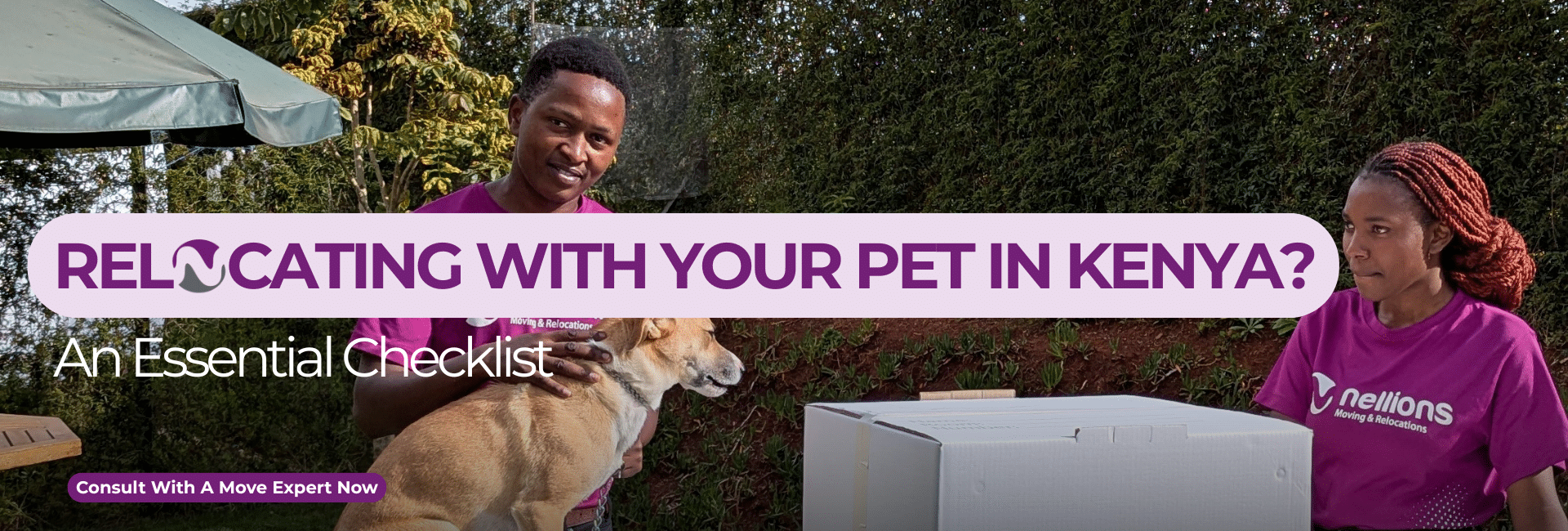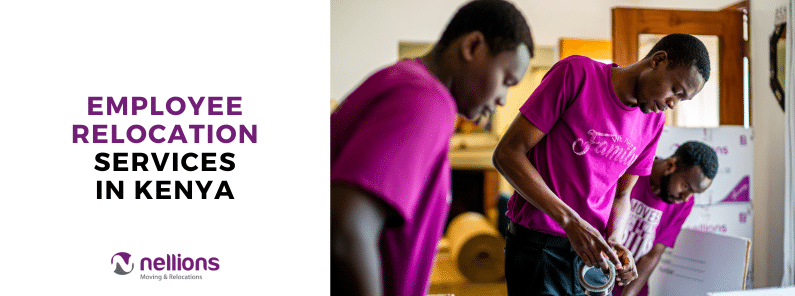For most Nairobians and Kenyans in general, there are very few things as exciting as the idea of owning a parcel of land in their name.
It’s blissful knowing that no matter how long your day has been, how tough the going has gotten, you still have a roof over your head. A roof that doesn’t require you to hand over a princely sum every month as rent to your landlord.
Perhaps because owning land and building a home is one of the top goals for most Kenyans, cases of people being conned or short-changed in land deals have continued to increase.
The effect, naturally, is that those who are interested in buying land in Nairobi, in particular, whether it’s for residential or commercial purposes, are either scared off or forced to be very wary in their dealings.
Nonetheless, it’s still possible for various types of legal entities to buy and own land in Nairobi. These include individuals, a group or community, companies, and the government itself.
Even foreigners who may have relocated to Kenya can own land in the country. They are limited, however, to do so on a leasehold basis.
Additionally, while foreigners in Kenya can buy commercial and residential land or properties within a town or municipality without any restrictions (and as long as they comply with the laid down procedures), they cannot own:
- Freehold titles
- First-row beach plots along the Kenyan Coast
- Agricultural land (unless the President makes an exception)
These provisions are all stipulated in Kenya’s land laws which provide for tenure systems and outline how long land should be held.
A Certificate of Title, known as a Title Deed in local parlance, is issued by the Kenyan government to serve as evidence of ownership of land on a freehold basis. Freehold titles allow the landowner to hold the land indefinitely.
A Certificate of Lease serves as evidence of property ownership for those who own land on a leasehold basis. It’s through leasehold titles that foreigners can own land in Kenya, for example, though for a maximum of 99 years.
Future renewals are possible, however, so long as the property held under the title is economically active and isn’t needed for public use purposes.
Here’s how you go about buying land in Nairobi:
1. Identify a Suitable Property for Purchase

The very first thing you should do as a buyer is to identify a suitable piece of land to buy. You could decide to go with word-of-mouth referrals, but you may be better served by engaging the services of a reputable real estate agency.
Real estate agents (also known as realtors), whose role is to match willing buyers with sellers, act as independent professionals, and can only be remunerated for their services by their appointing authority. This can be the property vendor or the buyer who instructs them to acquire a property for them.
Once you’ve identified a piece of land that you think fits the bill, you should visit the site so that you ensure it satisfies all your desired criteria. This includes confirming its physical location as well as its boundaries.
While in the field, you can also ensure that those neighboring the parcel of land are in agreement with its boundaries.
2. Make an Offer or Formal Expression of Interest

You’ve identified the property that you think best serves your interest. The next step is to make an offer to the seller. Your advocate will describe the property on offer in it, detail your proposed offer price and the terms or modes of payment you’re ready to commit to, as well as the seller’s and his (your advocate’s) own details.
Yes, getting a reputable advocate, particularly one who’s conversant with conveyance, comes highly recommended. It’s one of the steps that may save you from getting duped and falling prey to conmen. Additionally, you’ll get appropriate legal advice and representation throughout the sales process.
Avoid making direct payments to the vendor or their agent(s) at this or any point. A good rule of thumb to follow in land matters is to channel your funds through your advocate so that he or she may take the necessary precautions to protect both you and your money.
If the seller accepts your offer, a Letter of Offer that confirms the agreed-upon details of the transaction should then be prepared and signed. This letter acts as a formal instruction to the legal teams of both the buyer and the seller.
3. Do Due Diligence and a Search at the Lands Registry

Once your offer has been accepted, you want to ensure you conduct due diligence on the property of interest.
You do so by conducting an official search on the title at the Lands Registry, which is under the Ministry of Lands and Physical Planning. The results of the search will reveal who the rightful owner of the property you seek to buy is, and whether any pending issues exist concerning the ownership of the land.
You’ll be shown the full name of the property’s owner, the approximate size of the land, and whether there are any claims on the land. This includes crucial information such as whether the land has unpaid land rates, is being used as collateral or surety for a bank loan, or is tagged in some legal dispute.
For Ksh 500 payable via M-Pesa, credit card, or debit card, you might opt to conduct an online land search:
- Log into your e-Citizen portal
- Navigate to the Ministry of Land and Physical Planning services menu
- Select the land search option
The ease and convenience of performing an online land search are possible today because Kenya has now digitized its land records.
Nonetheless, you still need to engage a licensed surveyor to get a land map and ensure that the land size and boundaries indicated on the deed match the reality on the ground.
Additionally, certain overriding interests that may not be noted on the register could affect a registered piece of land. These include spousal rights over matrimonial property, rights of water, rights of way, and trusts, among others. This is why due diligence is critical.
4. Sign a Sale Agreement and Pay a Deposit

If you’re satisfied that due diligence has been carried out, you may then instruct your advocate to carry on to the contract stage.
If you’re buying a completed property that’s ready for occupation, you’ll typically pay a deposit, then complete the transition within a defined closure period. This period is normally 90 days from the date of signing the sale agreement.
If, on the other hand, you are buying an off-plan property, you’ll typically pay the required deposit, then a percentage of the purchase price in equal installments till the project is done.
The seller’s advocate will usually prepare the sales agreement, with all the offer and the terms and conditions included, and present it to your advocate for approval.
Once the sales agreement is executed, the buyer pays the agreed-upon deposit to the seller’s advocate’s account through his advocate.
It’s important to note that Kenyan law stipulates that only a signed sale agreement is a legally binding contract on the parties involved, not a Letter of Offer (LOO).
Even after Letters of Offer have been signed, either party may withdraw from the land deal without being subject to litigation or suffering a financial loss. That’s because LOOs are always subject to contract and are treated as pacts in principle—that both parties accept to deal at an agreed price.
5. Transfer of Documents

Because transfer documents can only be executed after consent to transfer has been issued by the Commissioner of Lands, book a meeting with a special Land Control Board with the area’s assistant county commissioner to get it.
Once the full balance of the purchase price is paid (you may want to use a third party advocate or intermediary to hold the funds and the seller’s Title Deed), the seller should sign a land transfer form to initiate the process of transferring the land.
The following documents are required at the Ministry of Lands to change ownership and process a new Title Deed:
- The sale agreement
- The old Certificate of Title
- A signed land transfer form
- Land rate clearance form (from the municipality)
- Proof of land search that’s not older than 6 months
- KRA PIN Certificates
- Passport photos
6. Property Valuation and Payment of Stamp Duty

Once your advocate has received the completion documents, it’s time to make arrangements for the property to be assessed for stamp duty by a government valuer.
Stamp duty is a tax that’s levied on legal instruments such as marriage licenses, receipts, cheques, military commissions, and property and land transactions.
Currently, lands within municipalities that are held under the leasehold tenure system attract a stamp duty of 4% of their valuation amount. Lands outside municipalities that are held under the freehold tenure system attract a 2% stamp duty rate of their valuation amount.
Once the stamp duty is paid and the transfer documents stamped, your advocate may proceed to lodge the property for registration in your favor.
After this registration process, the seller’s advocate (or the intermediary, if you used one) is legally allowed to release the full proceeds of the sale to the seller. You, on the other hand, are officially handed over possession of the property and are now its new legal owner.
You may want to carry out a final online search after a week or so of buying land in Nairobi to ensure that the property reflects your details. Naturally, you’ll want to engage professional movers when you’re ready to move into your new property.












